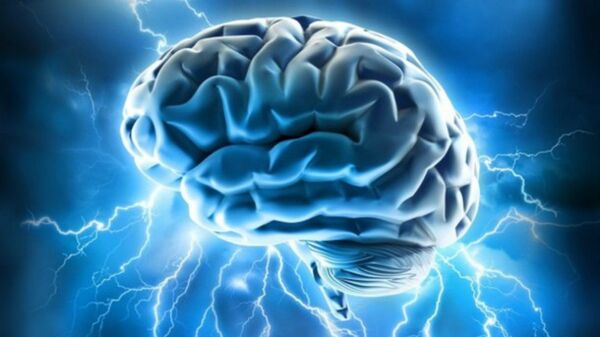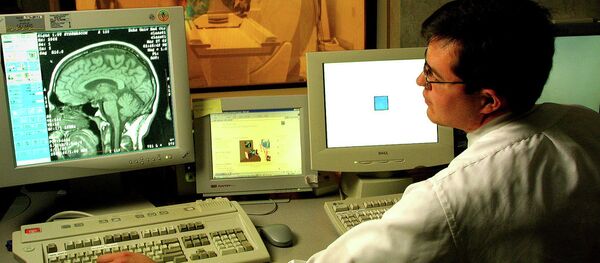“Having a predictive brain makes us efficient and adept at creating a coherent picture of an ambiguous and complex world. But it also means we are not very far away from perceiving things that aren’t actually there, which is the definition of a hallucination," said Paul Fletcher, a professor at the Department of Psychiatry at Cambridge University.
These participants of the study were compared to 16 healthy volunteers, and all were asked to make sense of vague black and white images. Both groups were then shown the original full-color image to improve their brains’ ability to understand the black and white picture.
According to the study, there was greater performance improvement among the people suffering from psychosis rather than among the healthy group.
"These findings are important because, not only do they tell us that the emergence of key symptoms of mental illness can be understood in terms of an altered balance in normal brain functions,” said Naresh Subramaniam, one of the coauthors of the study. "Importantly, they also suggest that these symptoms and experiences do not reflect a 'broken' brain but rather one that is striving — in a very natural way — to make sense of incoming data that are ambiguous."


